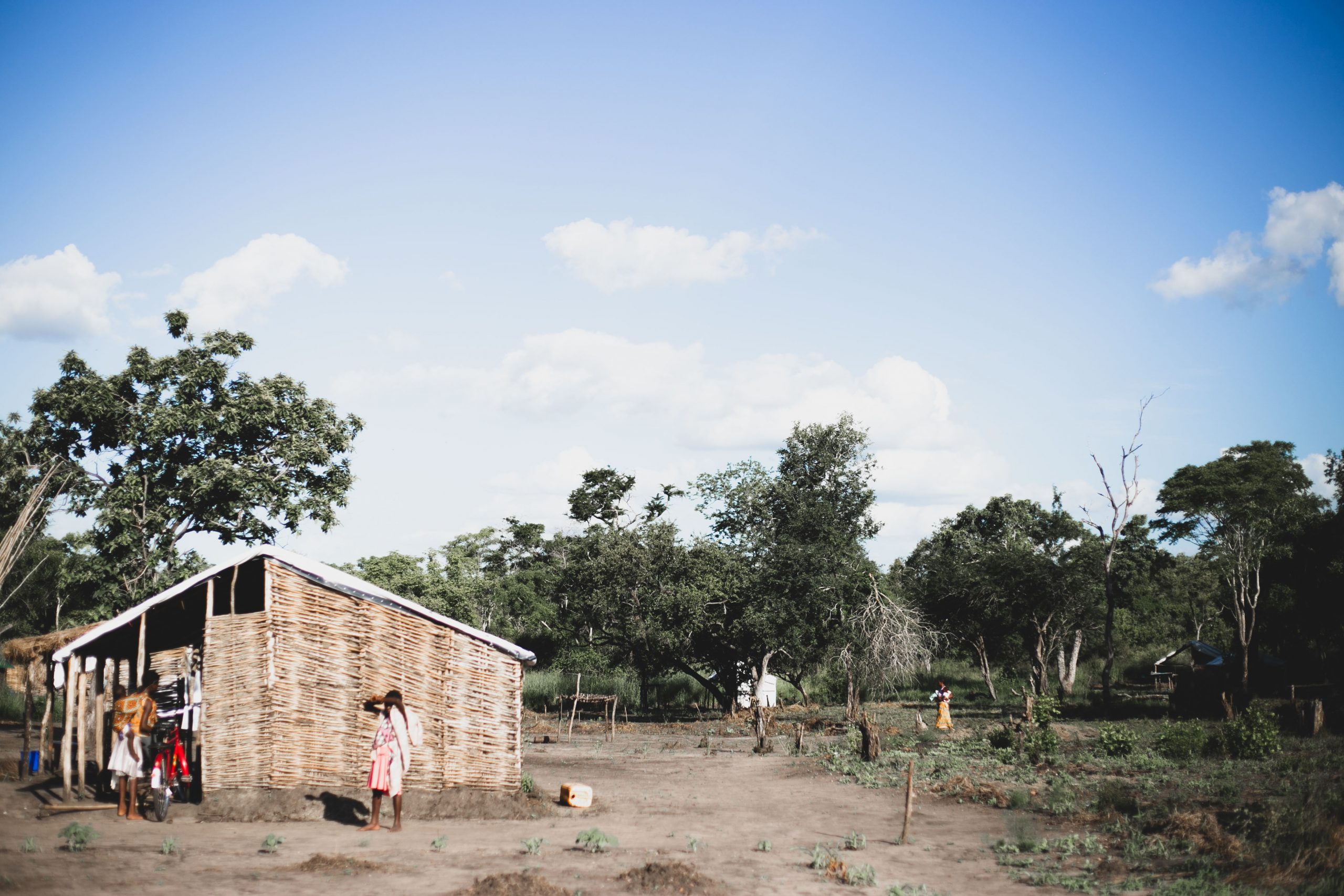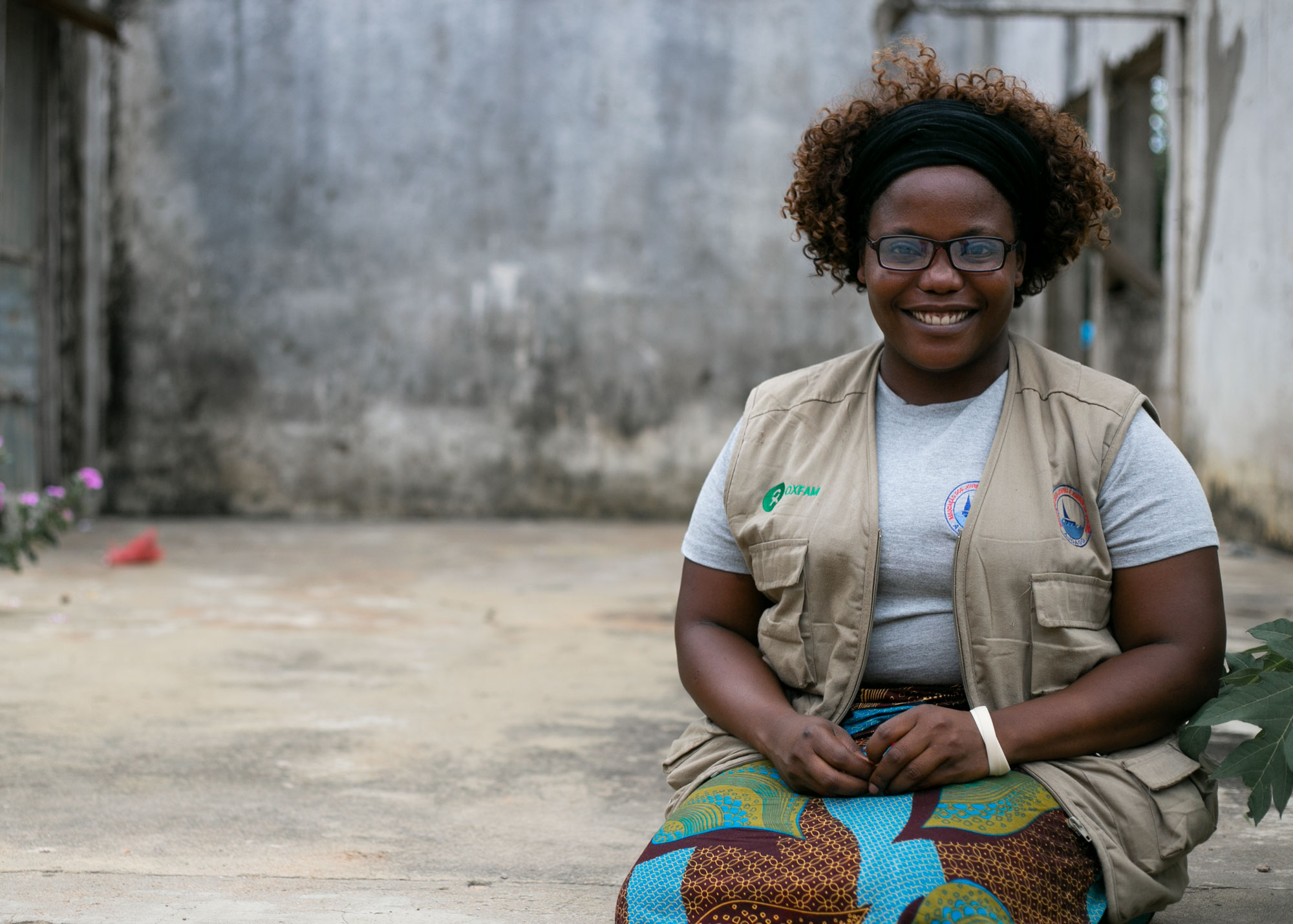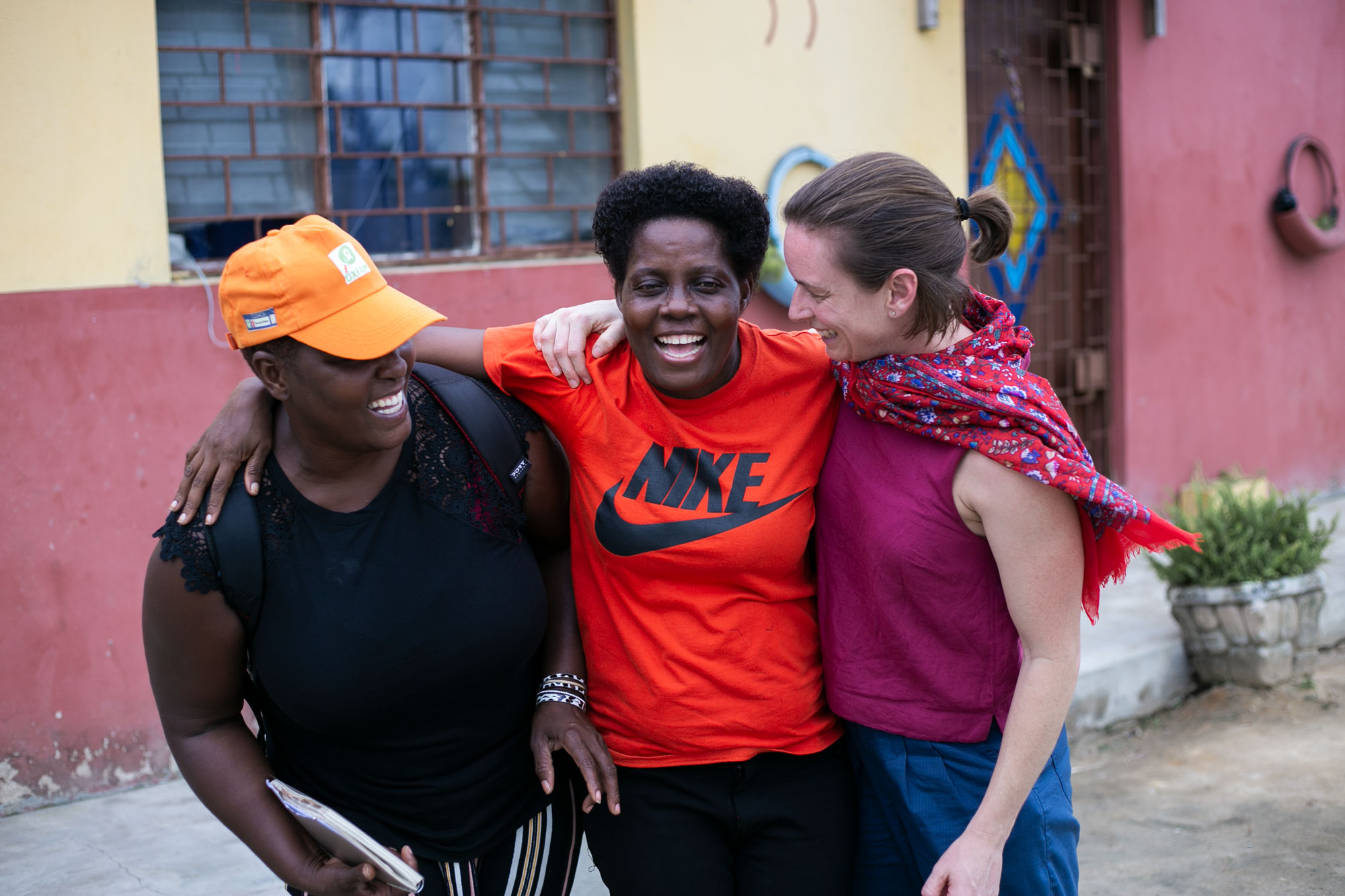Cyclone Idai one year on: A stark reminder of climate change’s impact on women
It’s hard to believe that one year after Cyclone Idai, more than 100,000 people in Mozambique and Zimbabwe are still living in destroyed or damaged homes and makeshift shelters. Critical infrastructure like roads, water supplies and schools, have yet to be repaired. And 9.7 million people across southern Africa remain in desperate need of food aid as a result of the cyclone, flash floods, droughts and localized conflict. When Cyclone Idai swept across Malawi, Mozambique and Zimbabwe on March 14, 2019, it was deemed one of the worst cyclones ever to hit Africa, killing over a thousand people and decimating the livelihoods of millions.
I recently visited Mozambique to see for myself the situation on the ground and hear first-hand about the devastation of Cyclone Idai. I heard story after story of how the cyclone had destroyed everything, and how difficult people’s lives have been in the aftermath. In Machimedje, a very remote resettlement camp that’s only accessible on a long, slow and treacherous dirt road, I met Marta, Maria and Isabel. They told me how their houses had been destroyed, their possessions lost and their crops obliterated. I heard how they had to relocate and rebuild their homes because the land they owned and had lived on had become too susceptible to floods. They explained how there are no nearby schools, markets or medical facilities and how their lives as women and as mothers – finding food for their families, fetching water, looking after their children – had become even more difficult than before. All of these stories were a stark reminder that it is nearly always women who are hardest hit in when disaster strikes.

What was so evident, and yet still so shocking to me, was that this cyclone was just one of several severe weather events that had hit these families and communities. In the five months prior to Cylone Idai, southern Africa experienced its most severe drought in decades, which destroyed harvests and left millions of people hungry. So when the cyclone hit, many families were already at rock bottom – they had spent all their savings and sold whatever they could to buy food. Following Cyclone Idai, many communities were hit by flash floods. Now, Malawi and Mozambique are facing an invasion of red locusts that are destroying their crops. When does it stop?
For me, the experience of these communities is so illustrative of the injustice of climate change. These increasingly frequent and severe weather events, associated with the escalating climate crisis, are hitting the people who have contributed the least to climate change the hardest. In Mozambique, where nearly half the population lives in chronic poverty, the average person is responsible for around 50 times less carbon emissions than a person in the United States. And yet, they’re facing some of climate change’s most acute and direct impacts.
While at times I was enraged by what these communities face, I was also uplifted by the work being done to support them. Oxfam donors helped 788,168 people across Mozambique, Malawi and Zimbabwe following the cyclone – including those in some of the most remote and difficult to reach areas. There’s no doubt in my mind that Oxfam’s work with local partners and the Humanitarian Coalition is making a difference.
There’s Veronica, a passionate humanitarian and gender officer with AJOAGO, an Oxfam partner, who inspires me with the work she is doing in communities every day. She provides dignity kits for menstruating women and girls, facilitates theatre activities on preventing child marriage and protects women who have experienced family violence. As a Mozambican, she’s committed to shifting gender norms in these communities, while also helping them rebuild. She’s feminist humanitarianism in action.

Then there’s Isabel, who heads a local women’s rights organization in Beira. For weeks after the cyclone hit she provided humanitarian aid to her community. An active member of the gender justice platform put together as part of the broader humanitarian response, Isabel also supports young sex workers and women living with HIV. As you can imagine, these women’s lives have become even more precarious following the cyclone. She is one of the world’s brave women devoting her life to women’s rights.

I left Mozambique deeply frustrated by the climate crisis, but also motivated to take action – especially where climate injustice and gender injustice intersect. It should not be the poorest – especially the world’s poorest women – who are hardest hit by the climate crisis. We must support the activists, movements and organizations fighting for climate justice, and support the communities that climate change is hitting hardest. I look forward to working with Oxfam supporters, colleagues, allies and partners towards a more just and sustainable world.
For more about Oxfam’s humanitarian response to Cyclone Idai, click here

